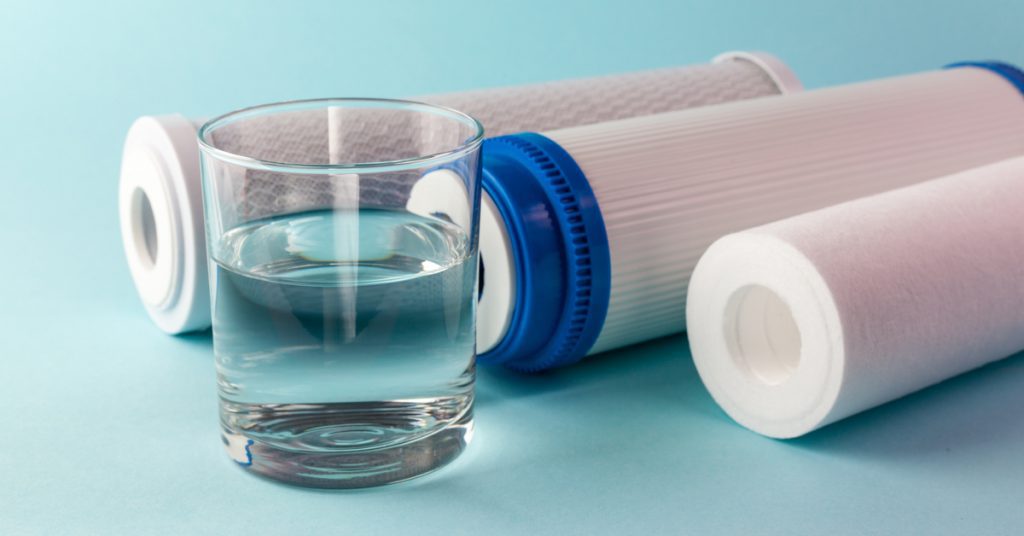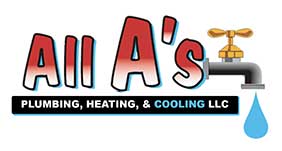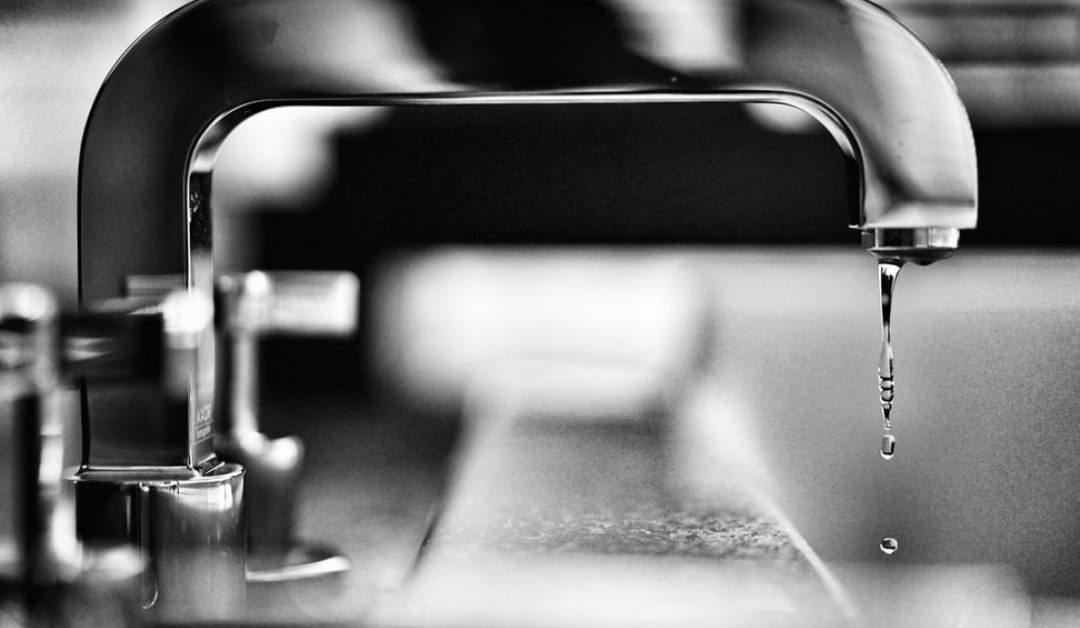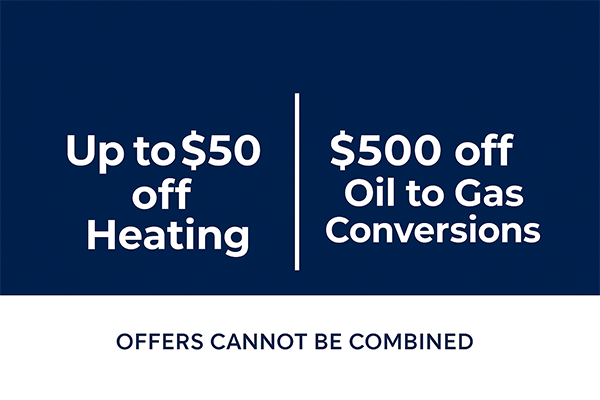Home Water Filtration Systems
Are you concerned about the safety of your home’s water supply? Many of us take clean water for granted. Public water systems undergo various treatments to ensure they are free of bacteria and other harmful substances. However, if your property uses a private water source, you might feel uncertain about its safety.
It’s estimated that over 13 million households in the US rely on private water sources for drinking water. If this is new to you, it can be difficult to know where to start when it comes to ensuring your water is safe.
Are you interested in learning more about water filtration systems for your home’s unique water needs? Read on to discover the best options for your situation.
Why We Need Water Filtration Systems
Drinking water can pose a threat to our health if it has not undergone proper treatment. Water can contain various contaminants, including microorganisms such as bacteria, parasites, and viruses. It may also have unsafe levels of heavy metals, fluoride, and other organic chemicals.
Without an appropriate filtration system, these contaminants could harm household appliances, damage your plumbing, and affect your family’s health. If you plan to install a swimming pool, talk with your pool builder about using your home’s water source and the appropriate filtration options.
There are many treatment systems available to remove harmful substances from your water, ensuring it’s safe for everyday use.
How to Choose the Right Water Filtration System

Before selecting a filtration system, it’s important to test your home’s water. A water testing kit can help identify specific contaminants, which will guide your choice of system.
Once you understand what’s in your water, you can select a filtration solution that targets those elements effectively.
Filter Type
There are several types of filtration systems to consider. Review each option and match it to your test results to find the most suitable solution:
- Reverse Osmosis
- Activated Carbon
- Resin
- Water Ionizer
- Infrared Filters
- UV Filters
Some systems use multiple filter types. For example, reverse osmosis filters remove heavy metals and fluoride but may not effectively remove pesticides. In this case, adding an activated carbon filter could be beneficial.
Be sure to check the filter size required for your chosen system. Filters typically need to be replaced every 9 months, though some may require more frequent changes.
Learn More About Water Filtration Systems
Choosing the right filtration system is crucial for protecting your appliances, plumbing, and health. If you also have a swimming pool, it’s important to monitor the pool’s chemistry—including pH and acidity—after adding water from your home supply.
If you rely on a private water source and want professional guidance, contact the plumbing experts at All A’s Plumbing and Heating. Their knowledgeable team can help you choose the right system for your household’s needs.



Recent Comments